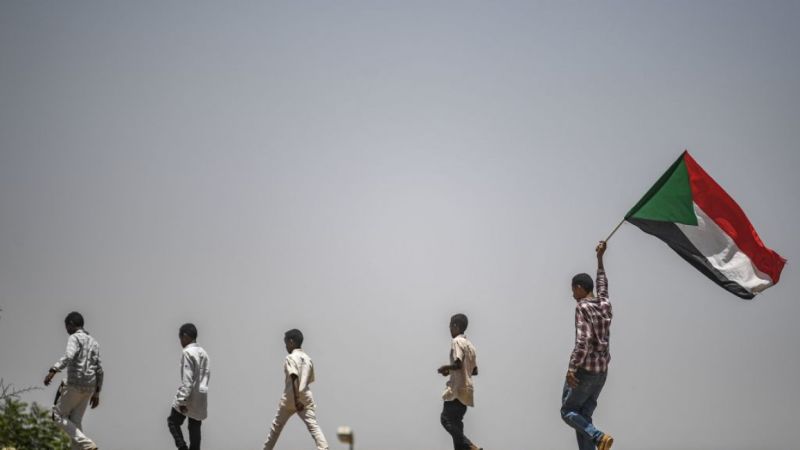
The conflict in Sudan, which erupted on April 15, 2023, between two Sudanese generals is a humanitarian disaster, with civilians caught up in the chaos, as has been widely reported.
The fighting is between the armed forces of Sudan, led by Sudanese President General Abdel Fattah al-Burhan and head of the country’s transitional governing Sovereign Council, against the Rapid Support Forces (RSF), a paramilitary formation led by Vice-President General Mohamed Hamdan Dagalo, also known as Hemedti, who is deputy head of the Council.
As it stands, the conflict can be classified as a non-international armed conflict (NIAC), under international humanitarian law, according to the JustSecurity website. However, as the conflict continues, the United Nations (as of April 25, 2023) was warning that there is a high risk of regional spillover, and an economic situation “nearing catastrophe.”
The ongoing political instability has, understandably, global impact, as foreign nations attempt to evacuate their citizens, governments and international bodies attempt to negotiate ceasefires, supply chains are broken, and as already noted, economic instability increases and spreads.
Efforts to maintain the economic viability of the country need to be considered by investors whose interests are being unduly affected by this conflict, as any other in the world.
GlobalSource is well-placed to provide expert opinion to such investors. We are able to analyze, assess and anticipate key events that may impact stability and investment.
Large-scale investments by other countries, such as China, are key to understanding the situation, as is understanding access and price of any natural resources in the country, which Sudan has plenty of. Outlining historic military links to other international powers vying for region allies is also integral. The possibility of the conflict becoming a proxy war is also of great interest.


